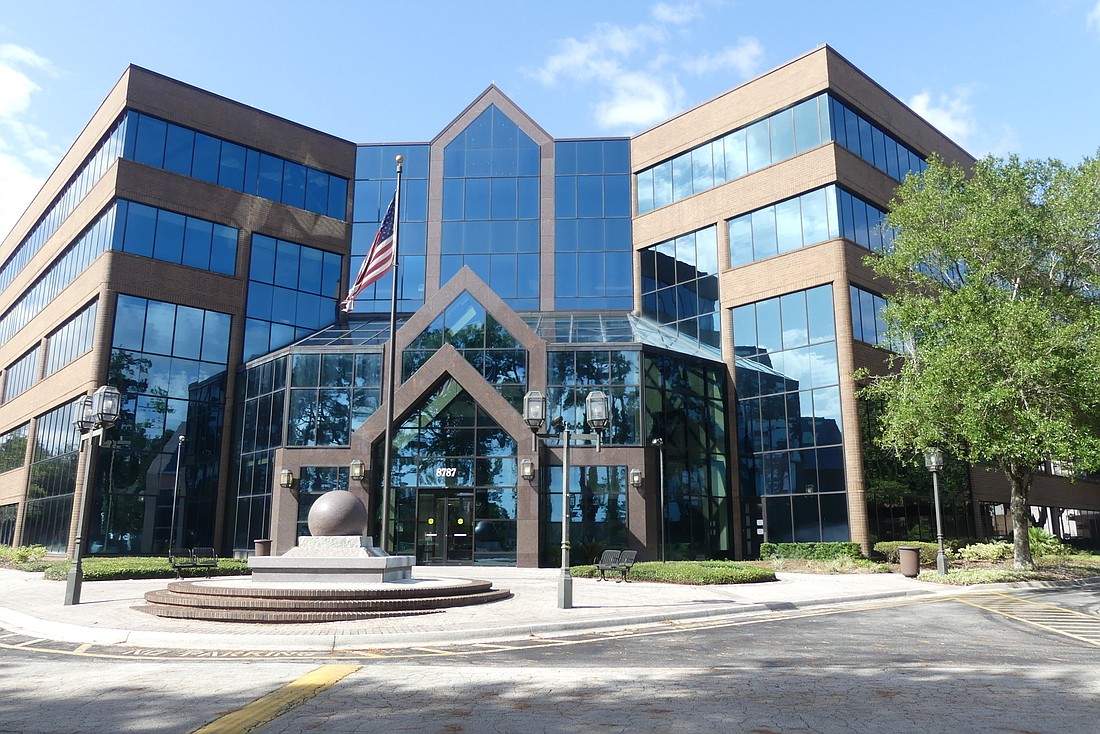
Like the rest of the education community, more than 150 students enrolled at Florida Coastal School of Law are logging on for remote courses.
That’s nothing new.
“Our faculty is well-versed in doing this. We’ve offered online courses since 2010, but we’ve never had our entire semester online,” said Peter Goplerud, Florida Coastal dean and president.
What could be new for Florida Coastal students – and all recent law school graduates – is a change in how the Florida Bar exam scheduled in July might be administered.
Goplerud and the deans of the other 11 law schools in the state are proposing that the law schools could be where graduates sit for the two-day test.
The exam is scheduled July 28-29 at the Tampa Convention Center.
In a letter sent April 7 to the state Supreme Court and the Florida Board of Bar Examiners, Goplerud and his counterparts lay out the reasons for the proposal and also their proposal to provide sites for the exam at each law school.
They refer to current travel restrictions and question whether people who don’t live in the Tampa area would be able to find accommodations for the two-day Bar exam.
There’s identity confirmation, security screening and even fingerprinting, which would be challenging for a large group to complete and still follow social distancing guidelines.
“It’s a difficult time. The thought of 3,000 or so people gathered at the convention center is hard to picture at the moment, or the foreseeable future,” Goplerud said.
The deans are offering classrooms at the law schools, where social distancing could be assured because there would be smaller groups of applicants.
The board of Bar examiners would administer and monitor the exam as it usually does, Goplerud said.
In a story published April 13 on The Florida Bar News & Journal website, Florida Board of Bar Examiners Executive Director Michele Gavagni said the deans’ proposal is being considered while making derisions about administering future Bar exams.
“The primary factor is whether the examination can be administered to the applicants in a manner that protects the safety of the applicants and those administering the examination while continuing the board’s mission to protect the public by ensuring that applicants seeking admission to The Florida Bar have demonstrated minimum technical competence,” Gavagni said.
Middle of the pack
The Florida Bar published results April 13 for the February Bar exam for graduates of law schools in Florida.
Florida Coastal’s first-time pass percentage, 52.6%, put the school seventh among the 11 schools whose graduates took the exam.
“Compared to our peer institutions, our graduates did well,” Goplerud said.
The law schools at the state universities led the list. University of Florida Levin College of Law graduates turned in the highest first-time pass percentage, 83.3%. Florida International University College of Law graduates were the second-highest at 81.8%, followed by Florida State University College of Law at 71.0%.
Florida Coastal grads did better than those from Ave Maria School of Law, 50%; Florida A&M University College of Law, 48.7%; St. Thomas University College of Law, 46.7%; and Nova Southeastern University College of Law, 30.4%.
The state average for the February exam is 60%.